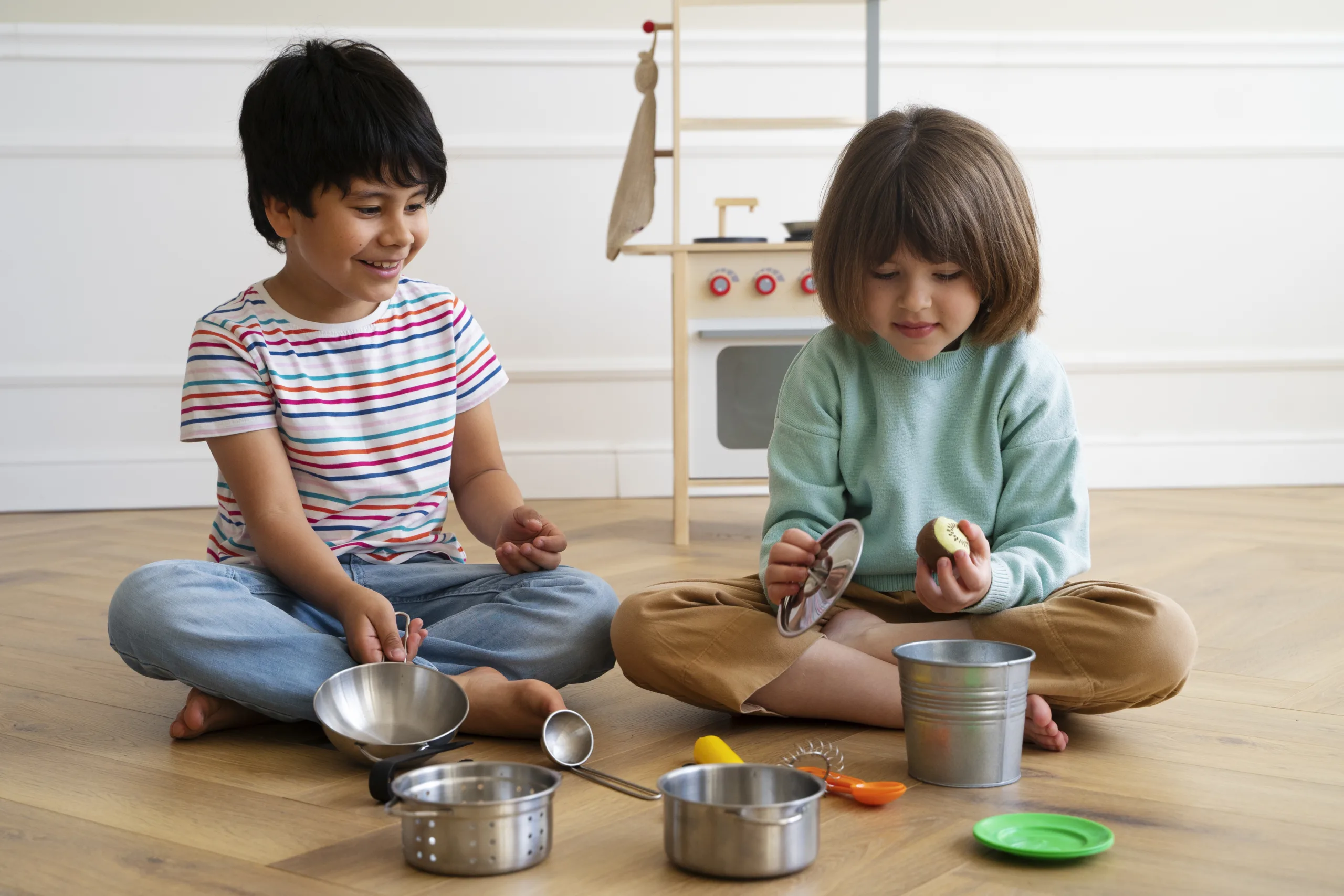 Introduction-
Introduction-
Every member of the family, which is an essential component of society, has a distinct function. Particularly children have certain duties that have changed over time. We shall examine both the past and present changes in children’s roles in the home in the following section. We will examine how these roles are evolving as well as the beneficial contributions kids make to their families.So,the discription of roles of child in the family is as follows…….
Table of Contents (Roles Of Child in the Family)-
1-Children’s Roles: Historical Perspectives
2-Family Dynamics
3-Children’s Changing Roles: Traditional vs. Modern Roles
3.1. Traditional vs. Modern Roles
3.2. Factors Affecting Role Alterations
4-Children’s Beneficial Effects on the Family
4.1. Emotional Support
4.2. Responsibilities and Tasks
4.3. Sibling Relations, Section
4.4. Family Bonding
5-FAQs About Children’s Roles in the Family
5.1. What are the traditional roles of children in the family?
5.2. How have children’s roles in the family evolved over time?
5.3. What are the benefits of involving children in household chores?
5.4. How can parents encourage positive sibling relationships?
5.5. What is the impact of technology on children’s roles in the family?
6-Conclusion

1-Children’s Roles: Historical Perspectives-
Roles of child in the family have been significantly modified by cultural, economic, and sociological variables throughout history. Children were expected to contribute to the family’s financial well-being from an early age in many historical nations. They frequently assisted with hard work including farming, herding, and other jobs. Children’s jobs were also frequently gender-specific, with boys and girls being assigned various duties.
2-Family Dynamics
Family dynamics have changed significantly in today’s society. There are few extended families that cohabitate, making the family unit type more prevalent. The responsibilities that children play in the household have been significantly impacted by this change. Children today often obtain a more formal education and bear fewer financial responsibility.
3-Children’s Changing Roles: Traditional vs. Modern Roles
3.1. Traditional vs. Modern Roles
There have been multiple significant shifts that have marked the shift for children from traditional to current roles in the home. Children today are more frequently recognized as individuals with their own needs and aspirations, whereas in the past they were largely seen as contributions to the family’s financial well-being. Due to this change, there is now more of a focus on education, personal growth, and mental health.
3.2. Factors Affecting Role Alterations
Roles of child in the family are shifting as a result of a number of circumstances. These include changes in gender roles, improved chances for education, urbanization, and technological advancements. The increase in dual-income homes has also had an impact on how families manage their children and the responsibilities that they play.
4-Children’s Beneficial Effects on the Family
4.1. Emotional Support
Children offer their parents and family emotional support. They frequently play a significant role in assisting family members in coping with difficulties and stress, and their innocence and excitement can improve the home environment.
4.2. Responsibilities and Tasks
Children learn responsibility, time management, and other crucial life skills by helping out around the house. It also teaches kids the value of cooperation and creates a feeling of contribution to the family’s health.
4.3. Sibling Relations
For children to develop socially, they need to socialize with their siblings. Through these interactions, they pick up crucial lessons on collaboration, sharing, and resolving disputes. Parents can do a lot to foster healthy sibling relationships.
4.4. Family Bonding
Families can come together via shared experiences and activities with children. They frequently encourage family gatherings, game nights, and chats that deepen the link between members.

5-FAQs About Roles of child in the Family
5.1. What are the traditional roles of child in the family?
In the past, children were expected to help with domestic tasks, participate in economic activities, and respect and obey their parents and elders. Culturally, their positions differed greatly.
5.2. How have roles of child in the family evolved over time?
Children’s roles have changed from being largely economic contributors to becoming more well-rounded people with a focus on education, personal growth, and emotional support for family members.
5.3. What are the benefits of involving children in household chores?
Children learn responsibility, life skills, and the importance of contributing to the family’s well-being through participating in home duties. Additionally, it fosters a spirit of cooperation and teamwork.
5.4. How can parents encourage positive sibling relationships?
By encouraging communication, imparting dispute resolution techniques, and guaranteeing justice within the family, parents can promote healthy sibling relationships. Avoiding comparison and investing quality time with one another can also be beneficial.
5.5. What is the impact of technology on the roles of child in the family?
The way youngsters interact with their families has altered as a result of technology. Parents must balance screen time with other activities in order to maintain positive family dynamics, despite the fact that it can have educational and entertaining benefits.
You Can also Read-https://family-dy.com/top-10-responsibilities-of-a-mother-in-a-family/
https://family-dy.com/family-functions-in-building-strong-bonds/
6-Conclusion-
With larger cultural changes, children’s roles in the home have changed substantially throughout time. Children today are essential members of the family, emotional support systems, and contributions to the family’s well-being. Understanding these changing responsibilities can help parents better support their children’s growth and build family ties in the modern day.

1 thought on “Roles Of Child In The Family”